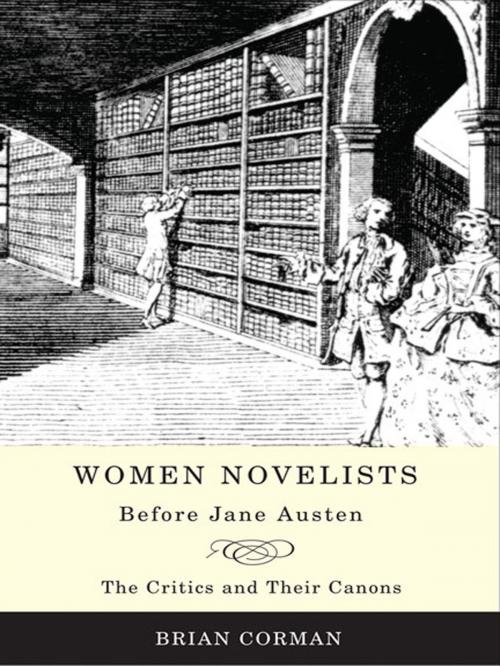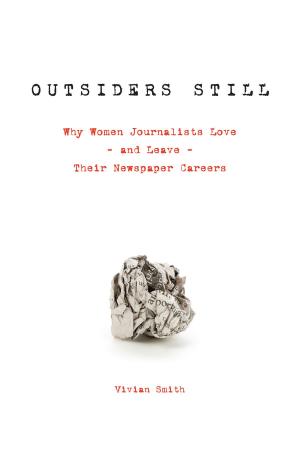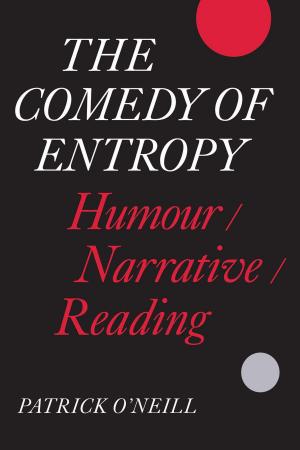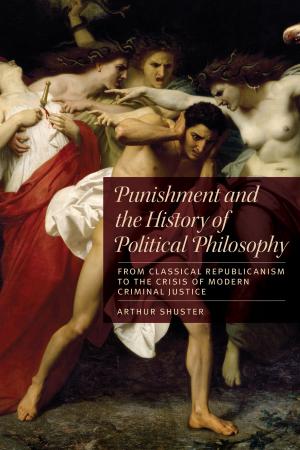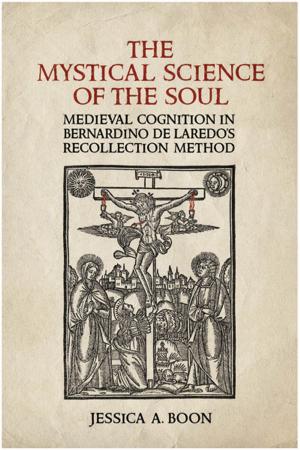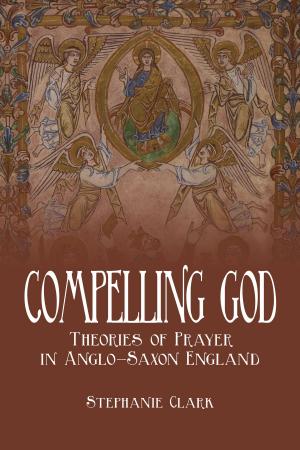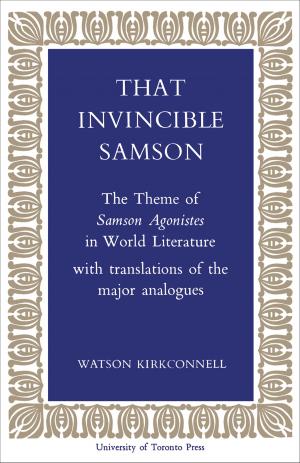Women Novelists Before Jane Austen
The Critics and Their Canons
Fiction & Literature, Literary Theory & Criticism, Women Authors| Author: | Brian Corman | ISBN: | 9781442692473 |
| Publisher: | University of Toronto Press, Scholarly Publishing Division | Publication: | June 4, 2009 |
| Imprint: | Language: | English |
| Author: | Brian Corman |
| ISBN: | 9781442692473 |
| Publisher: | University of Toronto Press, Scholarly Publishing Division |
| Publication: | June 4, 2009 |
| Imprint: | |
| Language: | English |
By the time Ian Watt published The Rise of the Novel. in 1957, it was clear that many women novelists before Jane Austen had been overlooked in critical studies of literature and that some of them had been completely forgotten by the reading public. In this book, Brian Corman explores the question of how and why this came about. Corman provides a systematic survey of the reputations of early women novelists as canons of the novel developed over a period of roughly two hundred years, and, in so doing, suggests reasons for their frequent exclusion.
Women Novelists before Jane Austen challenges the view that exclusion from the canon was a simple function of gender and goes deeper to examine potential reasons why certain women writers were overlooked. In the process, it provides an overview of histories of the British novel from the beginning through to the mid-twentieth century, ending with the publication of Watt's famous text. Further, Corman offers a prolegomenon to the important recovery work of the late-twentieth century in which many revised accounts of the history of the novel appeared, essentially improving the scope covered by Watt. This study historicizes the place of early women novelists in the British canon in order to provide an informed context for current views.
By the time Ian Watt published The Rise of the Novel. in 1957, it was clear that many women novelists before Jane Austen had been overlooked in critical studies of literature and that some of them had been completely forgotten by the reading public. In this book, Brian Corman explores the question of how and why this came about. Corman provides a systematic survey of the reputations of early women novelists as canons of the novel developed over a period of roughly two hundred years, and, in so doing, suggests reasons for their frequent exclusion.
Women Novelists before Jane Austen challenges the view that exclusion from the canon was a simple function of gender and goes deeper to examine potential reasons why certain women writers were overlooked. In the process, it provides an overview of histories of the British novel from the beginning through to the mid-twentieth century, ending with the publication of Watt's famous text. Further, Corman offers a prolegomenon to the important recovery work of the late-twentieth century in which many revised accounts of the history of the novel appeared, essentially improving the scope covered by Watt. This study historicizes the place of early women novelists in the British canon in order to provide an informed context for current views.
